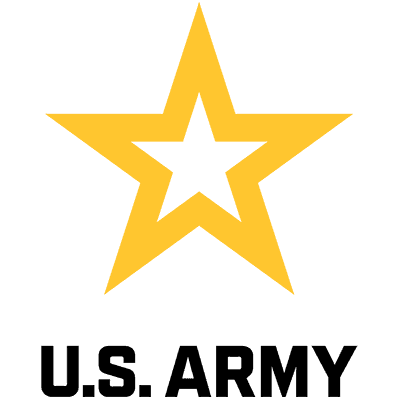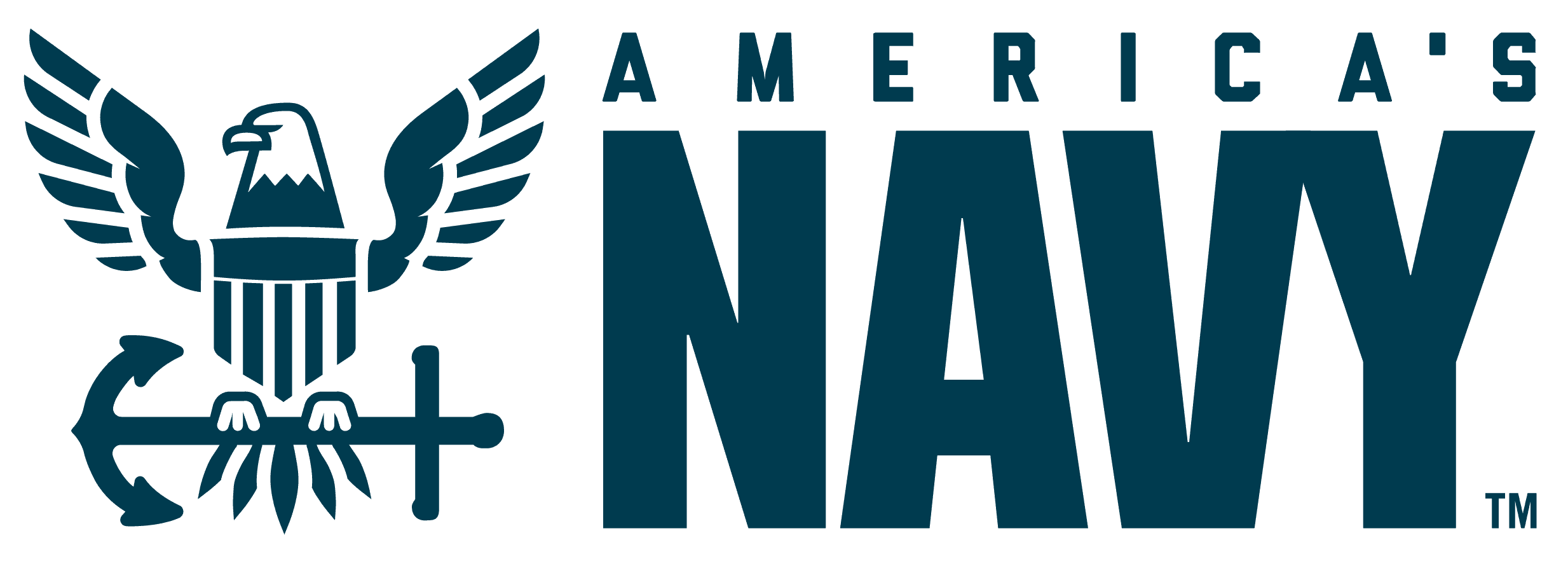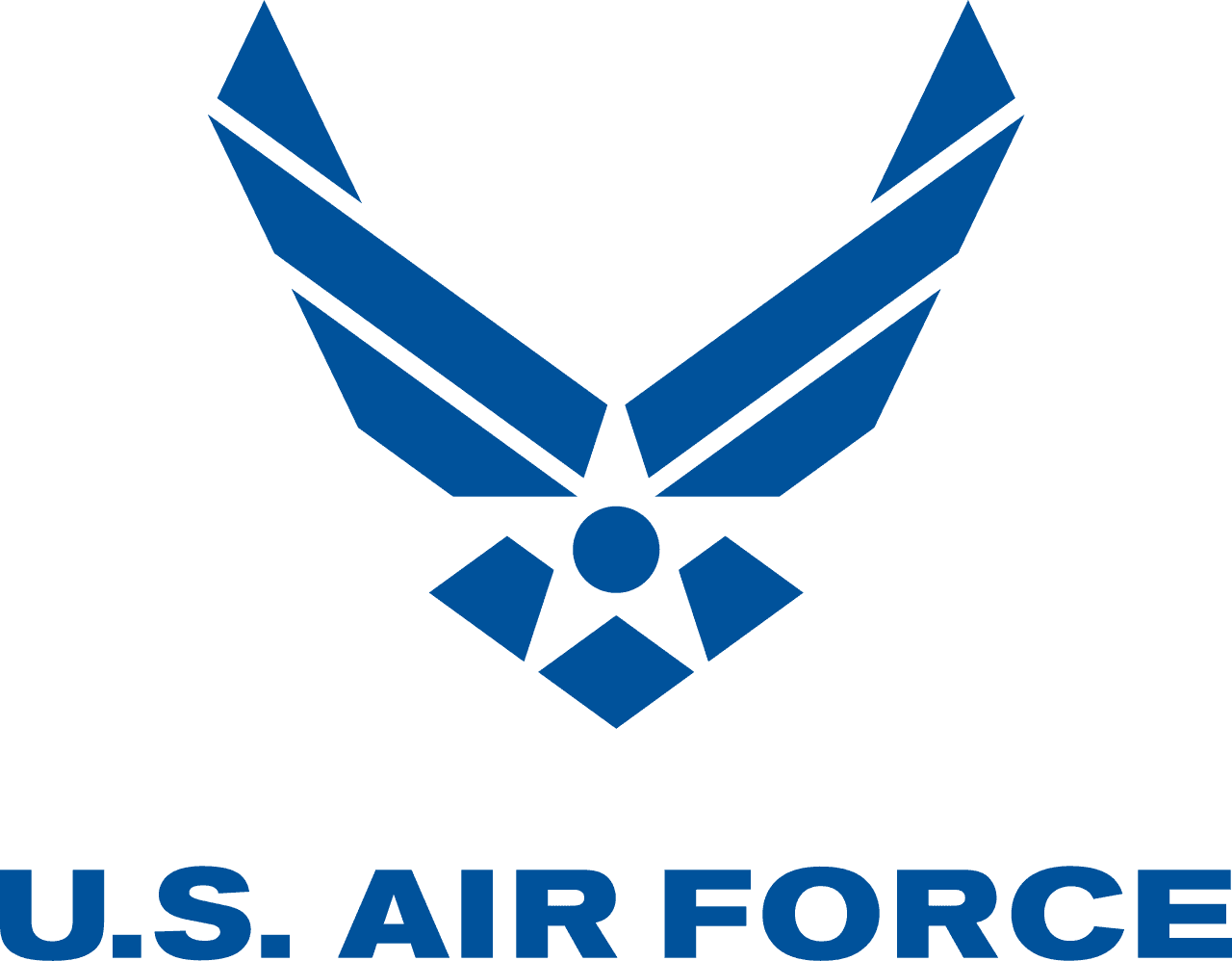Military Opticians
Overview
What are the responsibilities of this role?
Opticians are skilled eye care professionals who design and dispense eyeglasses, contact lenses, low vision aids, and prosthetic ocular devices for customers. They assist with frame selection and manage clinic offices and may perform diagnostic tests.
What is the work environment like?
Opticians normally work in optometric clinics.
How many people have this role in the Military?
327
Compensation
Understanding How Military Pay is More Than Just a Salary
Base pay is the standard income you’ll earn as a service member, providing a stable foundation to start achieving your financial goals.
- Always fixed based on rank and service time.
- Distributed monthly.
What is the typical salary range?
$77,449
$97,536
$136,303
Military Details
What Service Branches offer this role?
Is this a staff or leadership role?
What does the training for this role entail?
All enlisted service members complete basic military training, which includes time spent in a classroom and in the field, and covers tactical and survival skills, physical training, military life and customs, and weapons training. Opticians in the Military will gain skills through classroom study and on-the-job experience. Job-specific training may include:
- Preparing and fitting glasses and contact lenses
- Vision testing
- Maintenance of optometric instruments
- Patient care
- Knowledge of ophthalmic optics, ocular anatomy, and physiology
- Comprehension of optical laboratory supply and administration
- Understanding of optical laboratory procedures
Education
What level of education do professionals in this role have?
Which college majors best prepare you for this role?
- Opticianry/Ophthalmic Dispensing Optician
Learn About How Military Can Pay for 100% of your College Degree
Skills and Interests
What knowledge is essential to bring to the table?
- Customer and Personal Service
- Sales and Marketing
- Production and Processing
- Mathematics
- Education and Training
What personality traits help people thrive in this role?
You like structure, staying organized, and working with systems to get things done efficiently.
You love hands-on work and solving practical problems — like fixing things and building stuff.
RIASEC represents six broad interest areas—Realistic, Investigative, Artistic, Social, Enterprising and Conventional—helping individuals identify careers that match their skills and preferences.
Take the RIASEC TestData supplied by Bureau of Labor Statistics, National Center of Education Statistics, Defense Manpower Data Center (View our update schedule). Contact any business, college or military service branch to answer additional questions.


